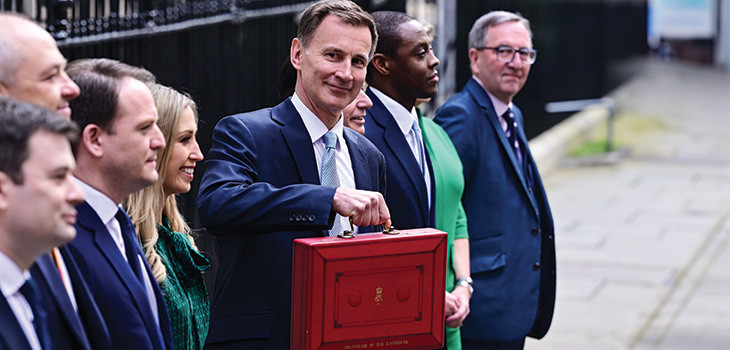
With his Spring Budget last month, Chancellor Jeremy Hunt announced significant changes to the way the government will tax property, as well as to capital gains tax (CGT). These are likely to have wider ramifications throughout the real estate market. Below, we set out the main adjustments, as well as providing insight on their expected impact.
Capital gains tax
CGT in the higher tax band is to decrease from 28% to 24% from 6 April 2024. The lower rate will remain at 18%. This measure is applied to disposals of residential properties which are not an individual’s primary residence. Private residence relief (PRR) will continue to apply on disposals of main residences.
According to the government’s policy paper ‘Capital gains tax rate on disposals of residential property from 6 April 2024’, cutting the rate of CGT ‘is expected









